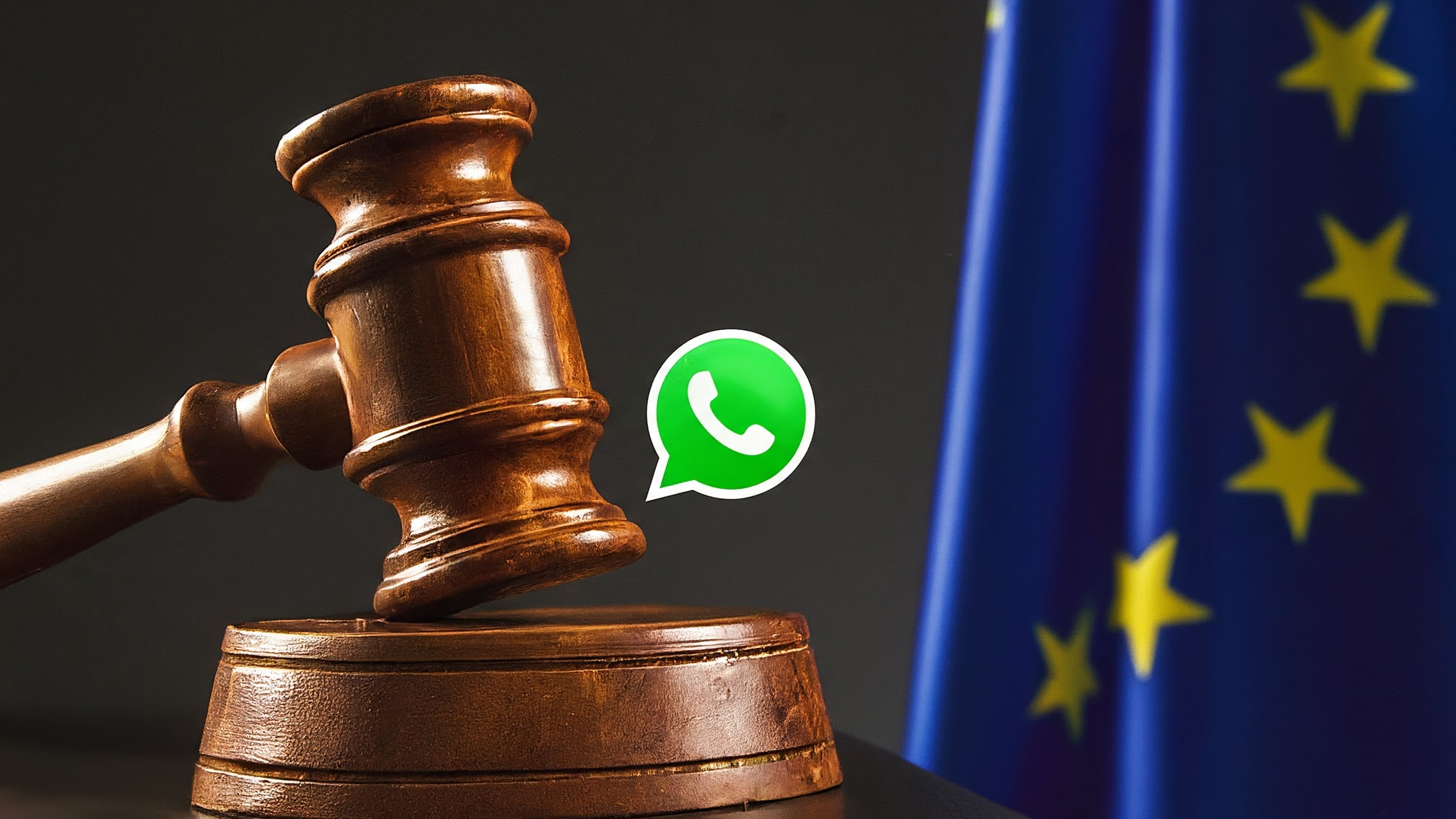WhatsApp Faces Stricter EU Regulations as User Base Grows

WhatsApp, the popular instant messaging platform, could soon face stricter regulations under the European Union’s Digital Services Act (DSA) following a significant increase in its user base. Meta, WhatsApp’s parent company, revealed in a recent filing on February 14 that WhatsApp Channels averaged approximately 46.8 million monthly active users in the second half of 2024.
WhatsApp Channels, which appear as feeds on the platform, are primarily used by news outlets and public figures to share updates. Under the DSA, these Channels are considered comparable to a social network. Platforms with more than 45 million monthly active users are classified as “Very Large Online Platforms” (VLOPs) and are subject to more stringent obligations.
“WhatsApp has published user numbers above the threshold for designation as a Very Large Online Platform under the Digital Services Act,” said European Commission spokesperson Thomas Regnier in a statement to Bloomberg.
This development comes as the European Commission, the executive arm of the EU, continues its efforts to regulate the dominance of U.S.-based tech giants. The Commission has introduced several legislations aimed at curbing the influence of these companies, a move that has drawn criticism from the new Trump administration, which has accused EU officials of overreaching in their attempts to regulate online speech.
Before WhatsApp is officially classified as a VLOP, the European Commission will need to formally rule on the matter.
What is the Digital Services Act?
The Digital Services Act (DSA) was passed by the European Parliament in July 2022 and became fully applicable to all online intermediary platforms in February 2024. The DSA categorizes online platforms into four tiers: Intermediary services, hosting services, online platforms, and Very Large Online Platforms (VLOPs).
Tech giants such as Facebook, Instagram, Snapchat, Amazon, Google Maps, Google Play Store, Apple App Store, Booking.com, and Wikipedia have already been designated as VLOPs due to their massive user bases exceeding 45 million.
Under the DSA, VLOPs are required to conduct risk assessments to identify and mitigate the spread of illegal or harmful content on their platforms. They must also implement strategies to address these risks and comply with other legal obligations. Failure to adhere to these rules can result in penalties of up to six per cent of a platform’s annual global revenue.
What Does This Mean for WhatsApp?
If WhatsApp is officially designated as a VLOP, it will need to comply with the same stringent requirements as other major platforms. This includes enhancing transparency, improving content moderation, and ensuring user safety.
The potential reclassification of WhatsApp reflects the EU’s broader efforts to hold tech companies accountable for their role in shaping online discourse and ensuring a safer digital environment. However, it also highlights the growing tension between regulators and tech giants, particularly as platforms like WhatsApp continue to expand their influence.
As the European Commission moves forward with its decision, WhatsApp and its parent company, Meta, will need to prepare for the possibility of increased scrutiny and stricter compliance measures. For users, this could mean a more regulated and secure experience on the platform, but it also raises questions about how these changes will impact the app’s functionality and user privacy.
The outcome of this decision will undoubtedly have far-reaching implications, not just for WhatsApp, but for the broader tech industry as it navigates the evolving landscape of digital regulation.
Next Story